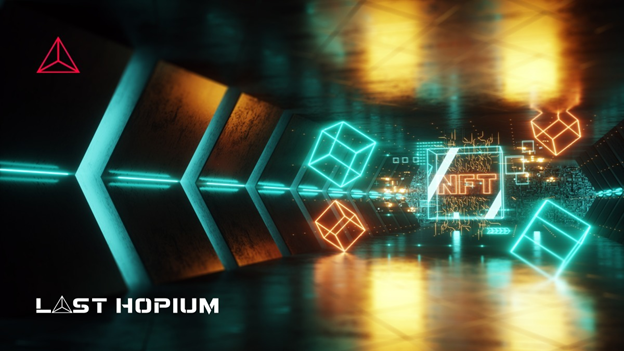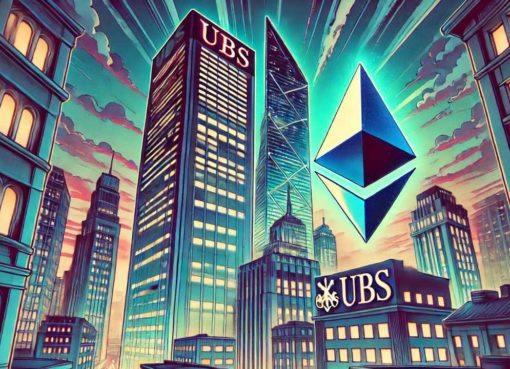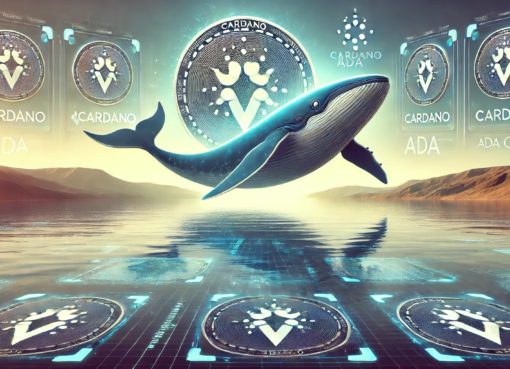NFTs have taken the creative world by storm. They are altering the way that artists and galleries authenticate original works of art. These tokens came to the spotlight in March 2021 when a digital art piece by Mike Winkelmann, alias Beeple, sold for a record-breaking $69.3 million at a Christie’s Online Auction. It not only became the third most expensive artwork ever sold by a live artist, but it also managed to become the costliest digital asset ever sold as an NFT.
Even the Bored Ape Yacht Club (BAYC), a popular collection of 10,000 individual bored apes produced by Yuga Labs, gave a push to the NFT era by managing to cap more than $1 billion in total sales. Utility and community have been the key aspects driving these massive NFT sales, thanks to the blockchain technology behind these tokens. NFTs are already changing the way people interact with art, and with many more developments on the way, the industry is set to explode, driving mass adoption.
Now the market is gearing up to have the big players in the hospitality sector jump in as well. Hotels like Ritz, Hilton, Waldorf, are now involved in a NFT drop called Last Hopium, where it will provide the holders with benefits in the real world.
Utility NFTs: The Next Big Thing In the Market?
Hundreds of brands and celebrities have launched their NFT collections in recent months, with varying degrees of success. NBA Top Shot sold $500 million in NBA history, Elon Musk was paid $1 million for his NFT song, Formula One sold digital collectible vehicle components, and Taco Bell’s collection, all of which have given NFTs a mainstream push.
Based on the equations above, we may confidently conclude that reputation played a significant role in driving these sales. Elon Musk was promised $1 million since he is a celebrity, and the basketball video would be less valuable if they were not formally sponsored by the NBA. Scarcity also played a part but the major lacking component was utility. Nobody acquired these NFTs for a specific use. Moreover, these NFTs did not serve major use cases that would benefit buyers massively.
However, there is a rising movement now coming making NFTs usable in a variety of ways. This trend toward additional usefulness is introducing a new type of value proposition for NFTs, in addition to scarcity and collectability. Many projects are currently developing utility NFTs that are packed with real-world use cases. One of them is Habtoor’s Last Hopium NFT project. It is a unique collection of 10,000 NFTs with real-world applications and features focused on rewarding the holders of the NFTs. They get offers and discounts on the renowned Habtoor hotels from all around the world by just owning the Last Hopium NFTs.
NFTs and Hotels
NFTs have evolved past just plain JPEGs and digital art. The technology is now being used for real world applications. Projects like Last Hopium are selling their NFTs, in which holders of their assets will have direct and exclusive access to benefits to hotels like the Ritz, Hilton, and Waldorf.
There is a clear trend of big names and companies becoming more comfortable with crypto and the NFT space. People have just begun to scrape the surface of NFT’s utilitarian usefulness. With more developments and innovations happening in the crypto realm, we would witness many utilities given life with NFTs. It is reasonable to expect that more ideas and projects will emerge in the future, resulting in even more opportunities for NFTs to become a part of our life.




